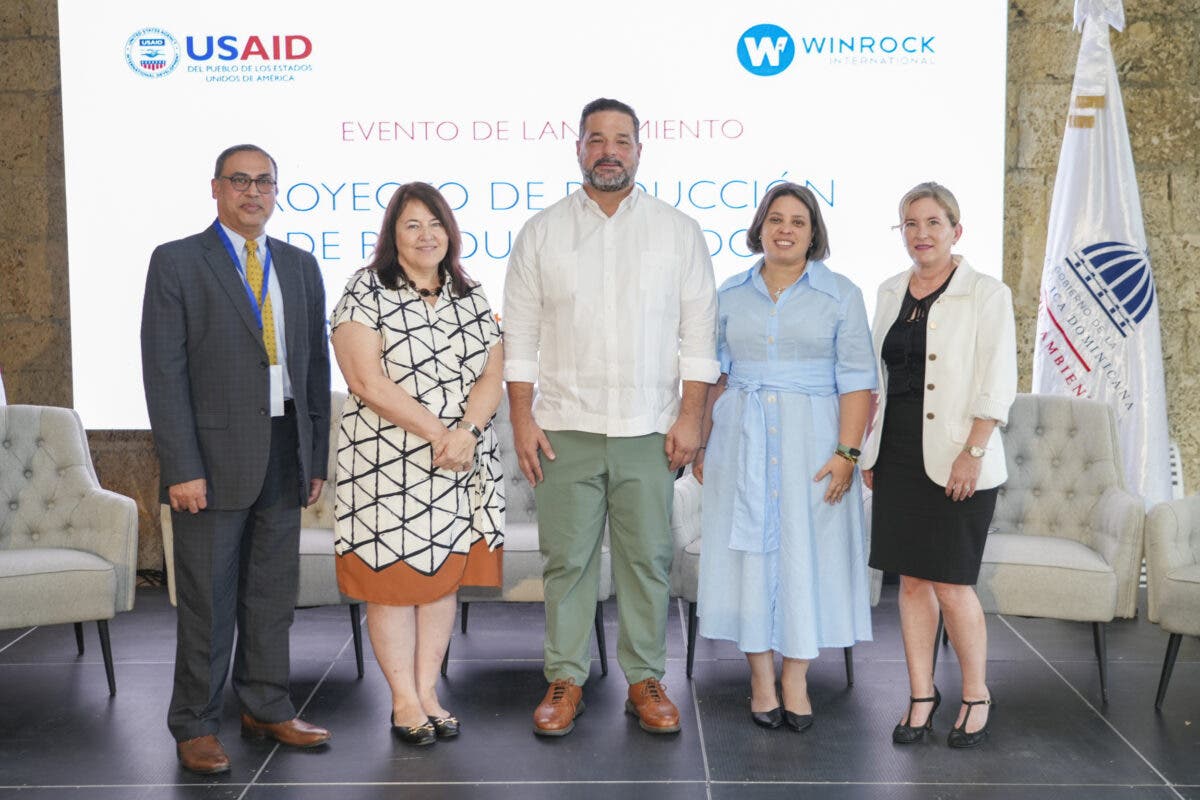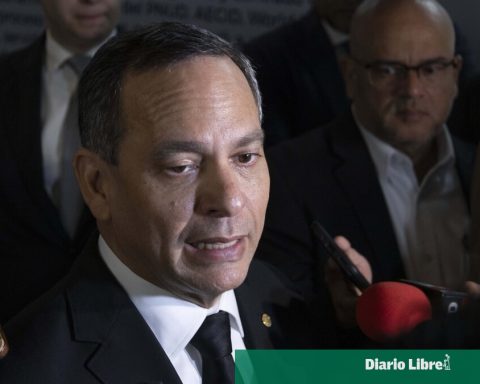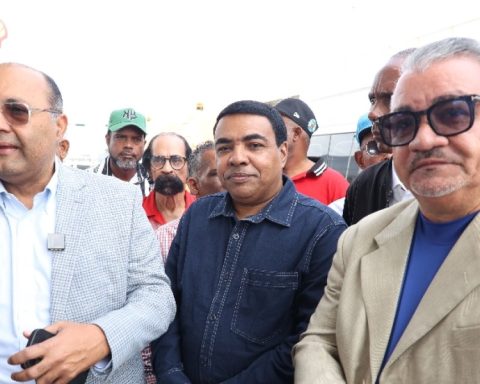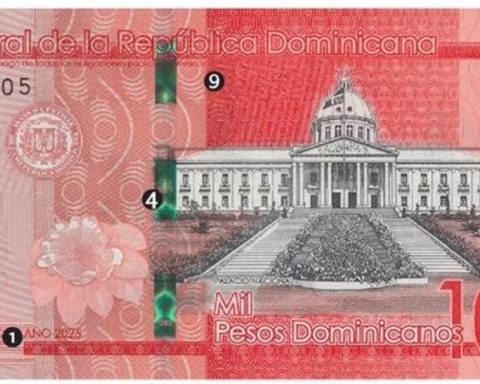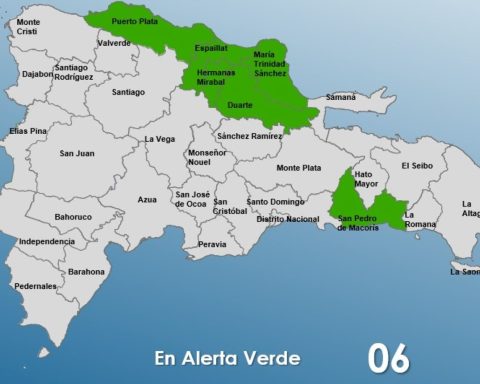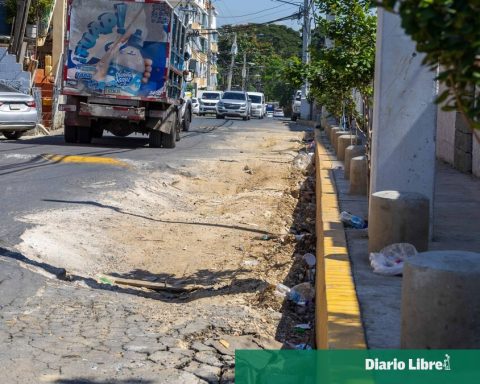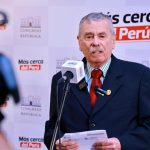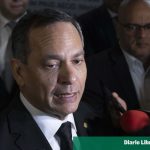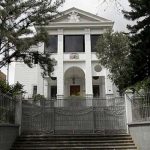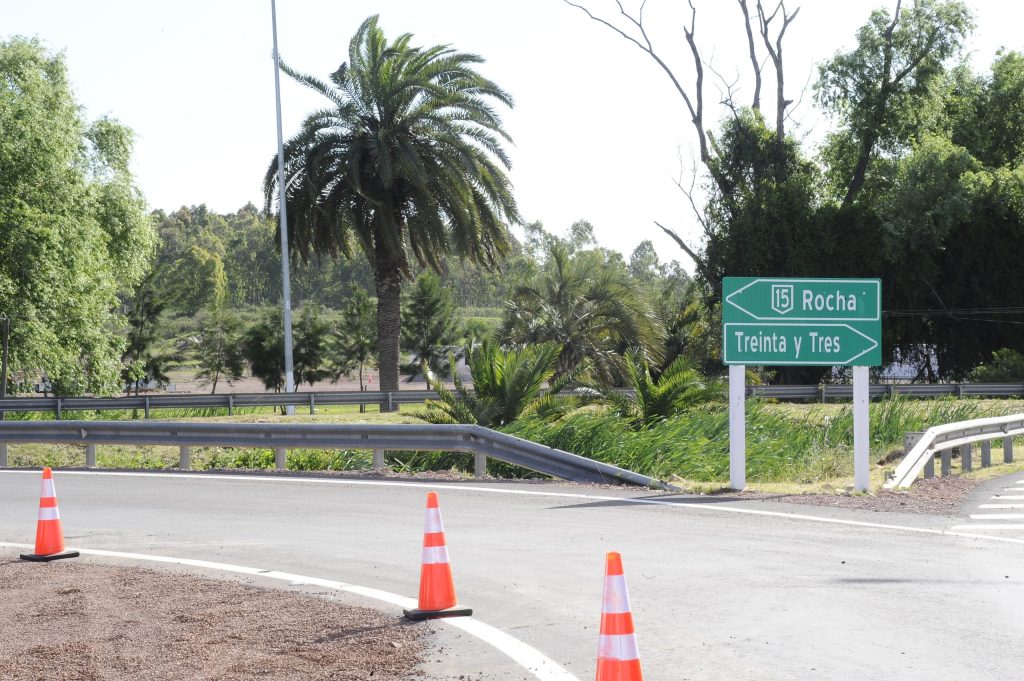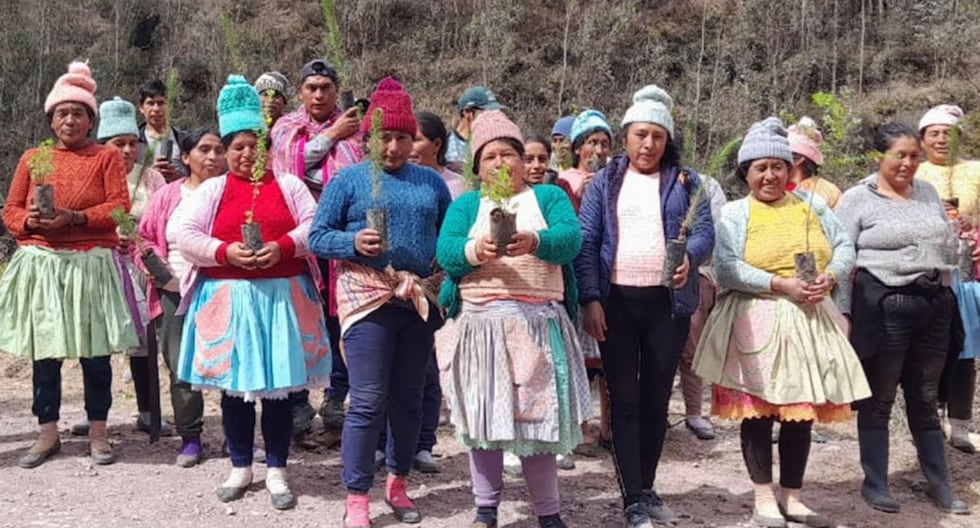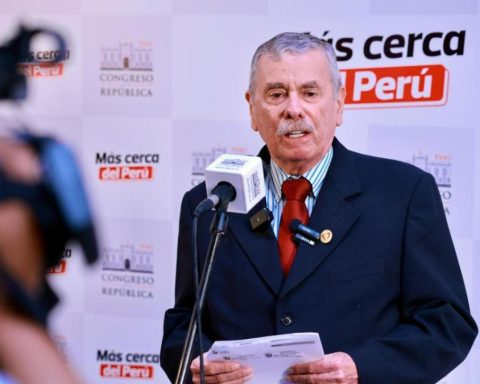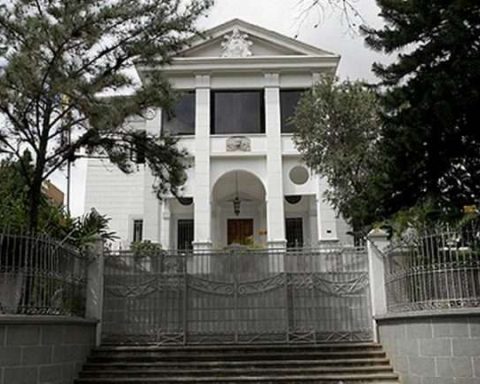Santo Domingo.- The Government of the United States, through the US Agency for International Development (USAID), launched a five-year project to reduce solid waste in the provinces of Dajabón, Montecristi, Puerto Plata and in the north coast of the Espaillat province. The initiative seeks to reduce the amount of plastics and other waste that pollutes the environment and reaches the sea through rivers, promoting the circular economy and the use of waste.
The new USAID project integrates three objectives that complement each other: develop capacities and strengthen governance at the national and municipal levels to implement the best practices of Integrated Solid Waste Management (GIRS), increase community adoption of sustainable IWRM practices and establish/expand circular economy models in collaboration with the private sector.
The project is being implemented by a consortium of non-profit organizations, led by Winrock International, an institution with extensive experience in development cooperation, which offers solutions to social, agricultural and environmental challenges. ICMA, a leading international institution in capacity development for municipal management, also participates; FEDOMU, the Dominican Federation of Municipalities, which promotes the political, administrative and financial autonomy of local governments, as well as sustainable management of their territories; and INTEC, a Dominican university with experience in environmental issues, climate change and waste management.
The director of USAID, Rebecca Latorraca highlighted an analysis by the World Wildlife Fund carried out by the University of Newcastle in Australia, which indicates that a person consumes five grams of plastics a week, twenty-one grams a month and a little more than two hundred and fifty grams per year. This is one of the reasons why the United States Government designed this project, whose main focus is to reduce pollution of the oceans around the Dominican Republic, by preventing plastic waste from being released into the environment. On the other hand, Latorraca stressed the importance of the involvement of all actors and cross-cutting issues such as gender equity, inclusion and opportunities for the most vulnerable groups.
This project, which responds to the cooperation strategy between USAID and the Dominican Republic, aligned with priorities identified by both governments, will provide support to the Ministry of Environment and Natural Resources, the Dominican Municipal League, local governments and other entities to achieve a effective application of law 225-20 and improve governance in the comprehensive management of municipal waste.
The project was presented on a panel by the implementing partners, with the participation of the government institutions involved. During the event, the challenges and opportunities for each of the objectives were discussed. The specialists agreed that achieving the objectives of Law 225-20 requires not only regulatory instruments and technical and financial capabilities, but also a change in culture and behavior that begins with each citizen.
During the event, it was highlighted that the Dominican Republic has a National Plan for the Reduction of Marine Waste, whose goal is to have beaches and coasts free of waste originating in the country by 2030, which underlines the relevance of this support initiative by part of the United States. The importance of strengthening the capacities of local governments to have comprehensive solid waste management that is sustainable and meets current technical requirements was also highlighted.
For the Government of the Dominican Republic, the central words were given by the Minister of Environment and Natural Resources, Lic. Armando Paíno Henríquez. In addition, Mr. Nelson Núñez, mayor of Samaná and interim president of FEDOMU, among others, was present. The project launch event took place at the Monument to Fray Antón de Montesinos, on whose beach the waste that the Ozama River drags to the Caribbean Sea frequently accumulates, as well as other waste that arrives with sea currents.
Also read: General Commander of the Army affirms illegal acts will have a strong response from the institution
